Researchers have developed a new method to benchmark quantum computers by measuring their ability to create entangled qubit states.
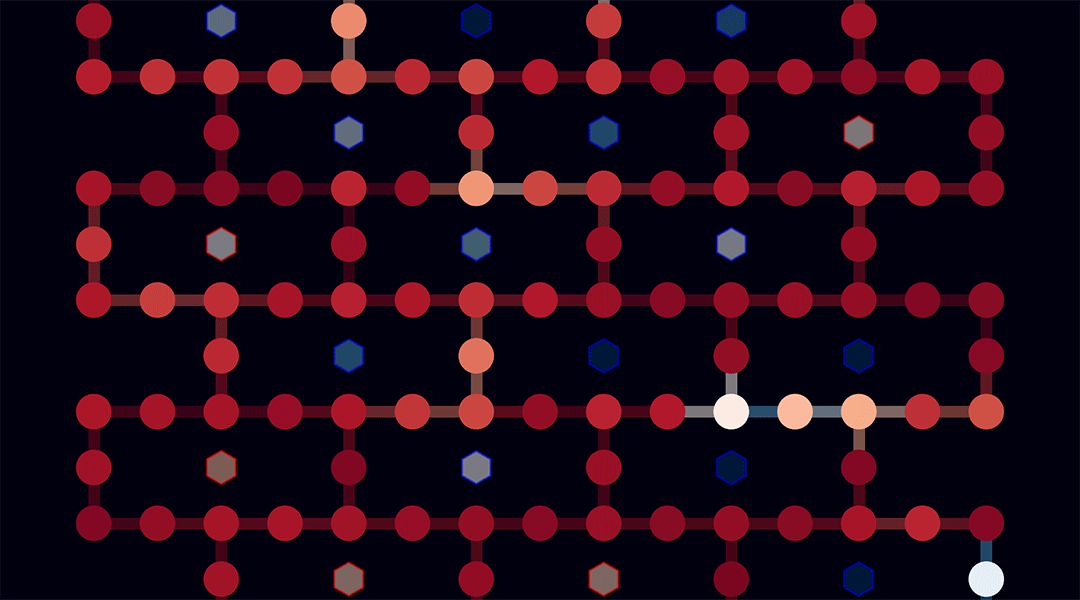

Researchers have developed a new method to benchmark quantum computers by measuring their ability to create entangled qubit states.
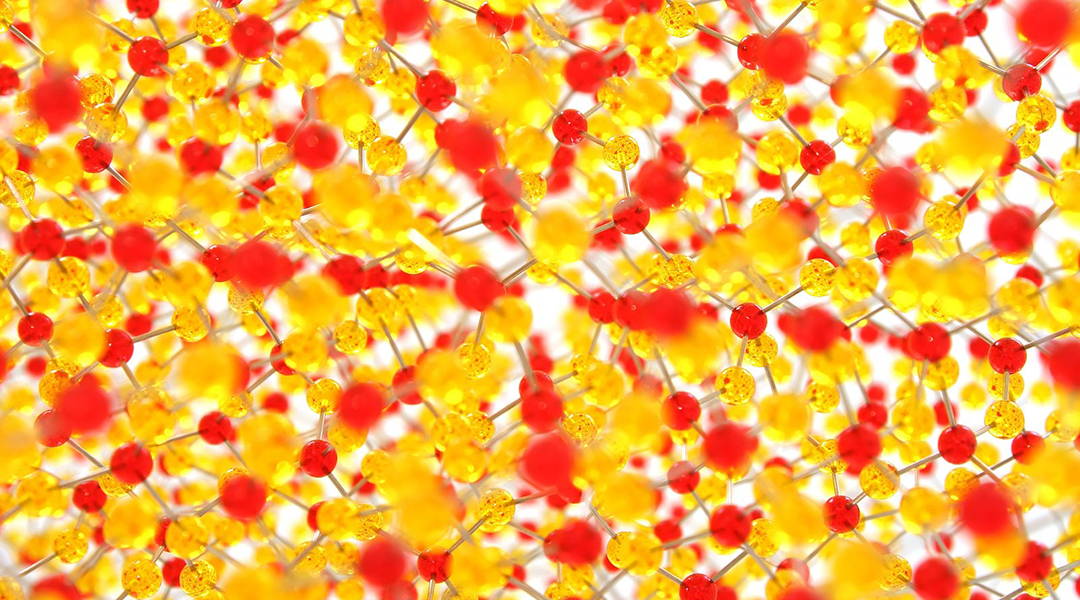
An Ising machine built on lattice defects solves problems faster than conventional computers without the drawbacks of quantum systems.
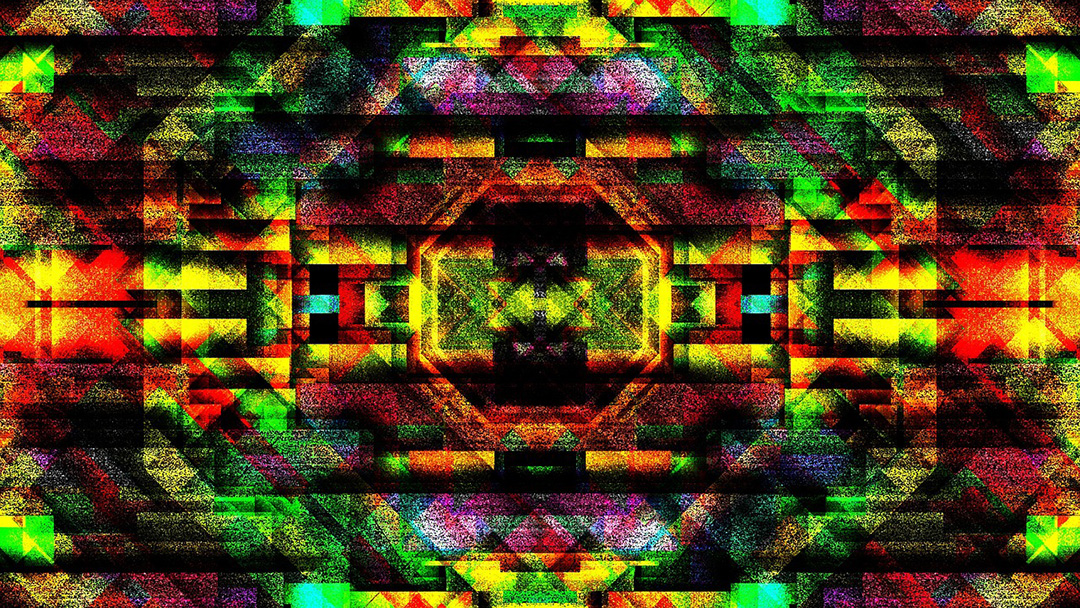
This is just the beginning, say scientists working on the new technology.

Machine learning unveils the ideal structure of a quantum memristor, which could one day surpass current computing systems.

A new method to purify silicon for quantum computer chips could solve one of the biggest challenges in quantum computing.
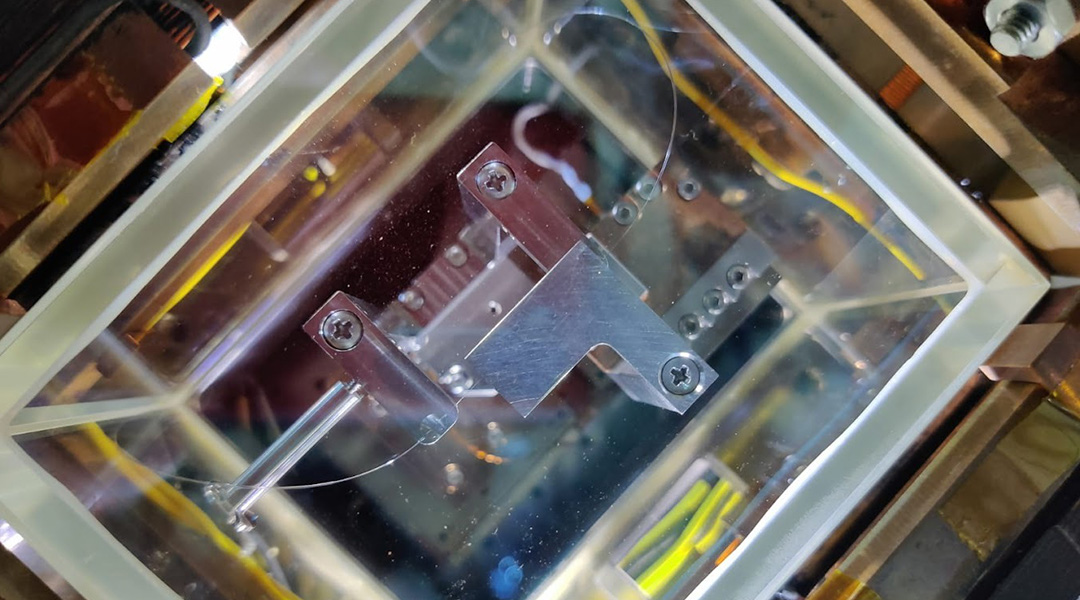
In theory, quantum communications should be impossible to hack, but study shows this may not be true in practice.

Scientists create magnetism in a non-magnet at room temperature for the first time, with implications in quantum tech and computer science.
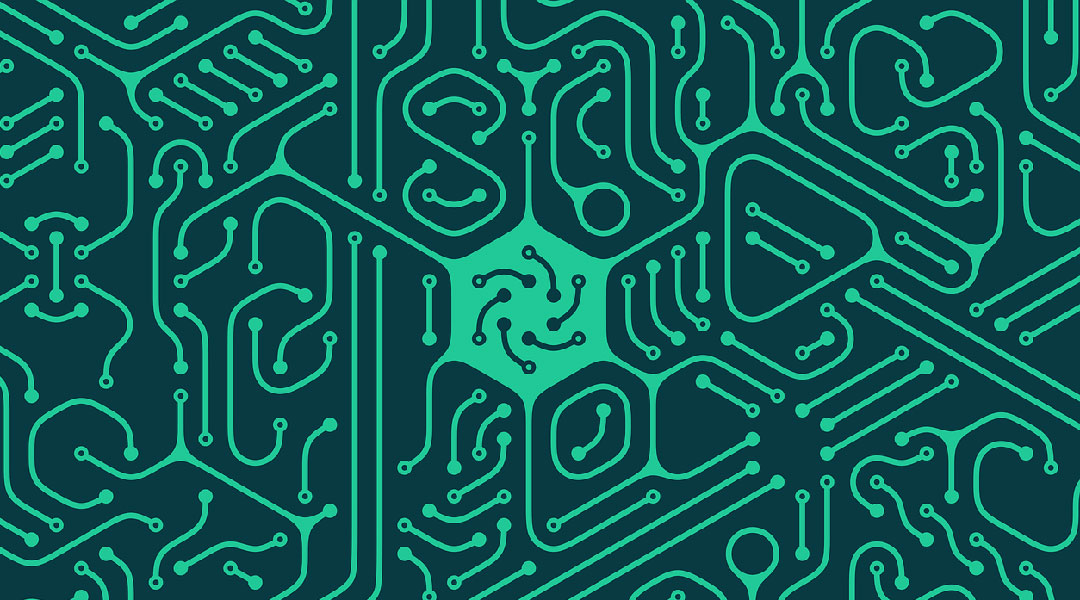
Computers based on memristors promise significant energy savings and improved accuracy in large-scale computing.

A radical superconducting qubit design promises to extend their runtime by addressing decoherence challenges in quantum computing.

Scientists achieve groundbreaking room-temperature quantum coherence for 100 nanoseconds, propelling molecular qubits closer to practical quantum computing.